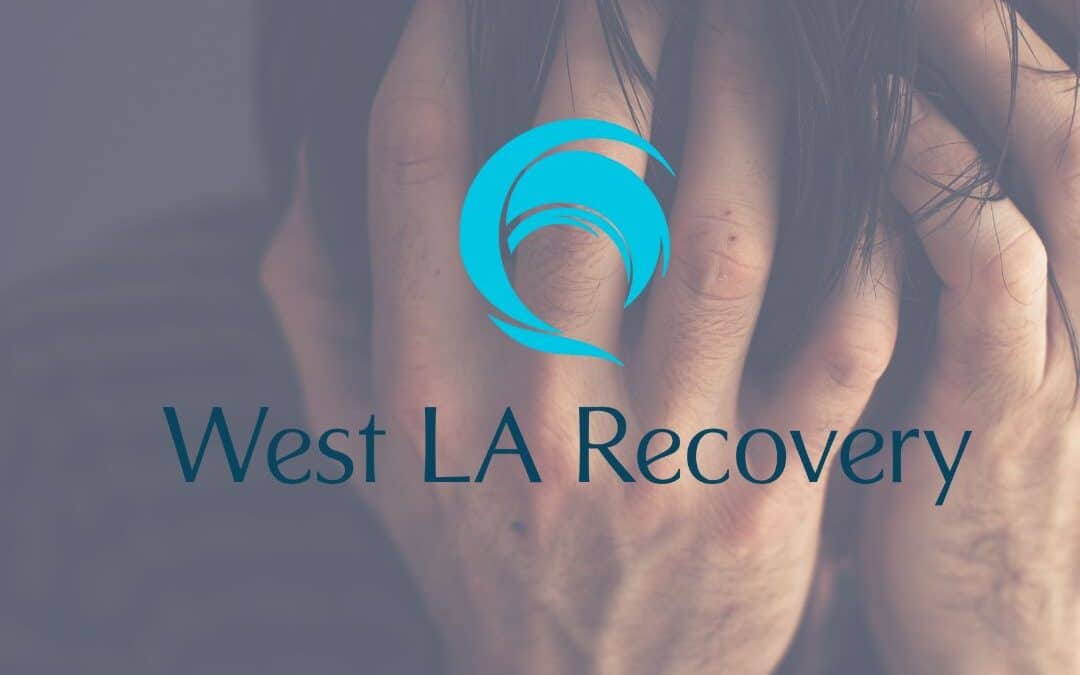The Impact of Cocaine on the Brain and Body
Cocaine’s powerful effects on your brain and body create a dangerous cycle of addiction that can have severe health consequences. Understanding these impacts is crucial for breaking free from cocaine dependency.
Brain Chemistry Changes
Your brain’s reward system becomes hijacked when you use cocaine. The drug blocks the natural recycling of dopamine, flooding your brain with this “feel-good” chemical. This surge creates intense euphoria but quickly leads to:
- Decreased natural dopamine production
- Stronger cravings for the drug
- Need for higher doses to feel effects
- Altered decision-making abilities
Physical Health Risks
Regular cocaine use takes a severe toll on your body’s vital organs and systems:
- Heart problems (increased risk of heart attacks)
- Blood vessel constriction leading to strokes
- Seizures and neurological damage
- Kidney and liver damage
- Respiratory issues
- Gastrointestinal complications
Mental Health Impact
The psychological effects of cocaine use can be equally devastating:
- Severe anxiety and panic attacks
- Paranoid thoughts and delusions
- Memory problems
- Difficulty concentrating
- Depression during withdrawal
- Increased risk of psychosis
Dangerous Drug Interactions
Mixing cocaine with other substances dramatically increases health risks. Combining cocaine with alcohol creates cocaethylene in your liver – a substance that heightens cocaine’s toxic effects. Using cocaine cut with fentanyl can lead to fatal overdose, as dealers often mix these substances without users’ knowledge.
These serious health impacts make quitting cocaine essential for your wellbeing. Professional support can help you safely navigate withdrawal and begin your recovery journey.
Recognizing Addiction and Withdrawal Symptoms
Identifying cocaine addiction requires attention to specific behavioral and physical indicators. Users often display:
- Increased agitation and restlessness
- Sudden mood swings
- Financial difficulties
- Neglect of work or family responsibilities
- White powder residue around the nose
- Frequent nosebleeds
- Dilated pupils
- Changes in sleep patterns
When attempting to quit cocaine, you’ll likely experience withdrawal symptoms within 24 hours:
Physical Symptoms
- Extreme fatigue
- Muscle aches
- Chills and tremors
- Increased appetite
- Sleep disturbances
Psychological Symptoms
- Deep depression
- Anxiety attacks
- Intense drug cravings
- Difficulty concentrating
- Suicidal thoughts
Cocaine cravings can be triggered by specific environmental cues:
- Places associated with past drug use
- Contact with former drug-using friends
- Stress at work or home
- Certain music or social situations
- Emotional states like sadness or excitement
These triggers activate memories of cocaine use, making resistance challenging without proper coping strategies. Your brain creates strong associations between these environmental cues and drug use, requiring conscious effort to break these connections.
Building a Support System for Quitting Cocaine
Quitting cocaine requires a strong support network. Research shows individuals with robust support systems are twice as likely to maintain long-term sobriety compared to those attempting recovery alone.
Your support system can include:
- Family members who provide emotional stability and accountability
- Close friends who understand your journey and offer drug-free social activities
- Healthcare providers who monitor your progress and adjust treatment plans
- Support group members who share similar experiences and coping strategies
The Role of Support Groups in Recovery
Support groups play a vital role in the recovery process by providing a safe space for individuals to connect, share, and learn from one another. Here are some key benefits of attending support group meetings:
- Share experiences without judgment
- Learn from others’ recovery journeys
- Build connections with sober individuals
- Access 24/7 support through sponsor relationships
Cocaine Anonymous (CA) meetings create a structured environment where you can share your struggles and triumphs with others who understand.
Enhancing Your Support Network with Evidence-Based Approaches
In addition to support groups, there are evidence-based approaches that can help strengthen your support network. One such approach is the Community Reinforcement Approach (CRA), which focuses on identifying and enhancing positive influences in your life. Here are some strategies employed in CRA:
- Identifying positive influences in your life
- Rebuilding damaged relationships
- Creating new social connections in drug-free environments
- Developing communication skills for healthy relationships
Another valuable resource is the involvement of experienced mentors through programs like Narcotics Anonymous (NA) and Alcoholics Anonymous (AA). These mentors provide guidance, share their own recovery stories, and offer support during challenging times.
The Importance of Professional Support in Recovery
While peer support is crucial, professional assistance should not be overlooked. Healthcare providers such as therapists or addiction specialists can offer personalized treatment plans, therapy sessions, and medication management if necessary.
It’s essential to remember that everyone’s recovery journey is unique. What works for one person may not work for another. Therefore, it’s important to explore various options and find the combination of support that resonates with you.
In addition to these resources, it’s crucial to establish a strong foundation for lasting sobriety, which includes effective relapse prevention strategies. This concept is further explored in this study that examines the importance of comprehensive treatment plans in achieving sustained recovery.
Developing Healthy Coping Mechanisms to Avoid Relapse
Breaking free from cocaine addiction requires a robust set of coping strategies to manage cravings and prevent relapse. You can build resilience through proven techniques that redirect your focus and energy.
Mindfulness and Physical Activity
- Practice deep breathing exercises when cravings hit
- Try guided meditation apps for 10-15 minutes daily
- Engage in regular exercise to boost natural endorphins
- Use progressive muscle relaxation to reduce stress
Healthy Alternative Activities
- Pick up a new sport or join a fitness class
- Learn a musical instrument
- Start a creative hobby like painting or photography
- Volunteer at local organizations
Creating Your Personalized Trigger Management Plan
- Identify your specific triggers (places, people, emotions)
- Map out alternative routes to avoid high-risk locations
- Prepare responses for social situations where drugs might be present
- Keep a journal to track emotional patterns and successful coping strategies
Emergency Response Toolkit
- Save crisis hotline numbers in your phone
- Create a list of safe places you can go when triggered
- Pack a stress-relief kit (stress ball, calming tea, favorite book)
- Write down positive affirmations to read during difficult moments
These coping mechanisms work best when practiced consistently. Start with one or two strategies that resonate with you and gradually expand your toolkit as you build confidence in managing triggers and cravings.
Seeking Professional Treatment and Detox Support
Professional treatment creates a structured path to recovery through medically supervised detoxification and evidence-based therapies. The National Institute on Drug Abuse recommends a comprehensive treatment approach combining medical care with behavioral interventions.
Medical Detox Programs
- 24/7 medical supervision to manage withdrawal symptoms
- Medication support to reduce discomfort and cravings
- Vital sign monitoring and emergency care access
- Safe environment away from triggers
Treatment Program Options
Inpatient Rehabilitation
- Live-in treatment facility with round-the-clock care
- Structured daily routines and therapy sessions
- Removal from environmental triggers
- Intensive support during early recovery
Partial Hospitalization Programs
- 6-8 hours of daily treatment
- Return home in evenings
- Medical care and therapy sessions
- Flexible scheduling for work/family obligations
Intensive Outpatient Programs
- 3-4 hours of treatment several times weekly
- Live at home while receiving care
- Group and individual therapy sessions
- Gradual transition to independent recovery
Evidence-Based Behavioral Therapies
- Cognitive-behavioral therapy to identify thought patterns
- Contingency management using reward systems
- Motivational interviewing to strengthen recovery commitment
- Family therapy to heal relationships
The Substance Abuse and Mental Health Administration (SAMHSA) provides resources to find accredited treatment programs matching your specific needs and circumstances.
Taking the First Step Toward Recovery with West LA Recovery
Breaking free from cocaine addiction requires courage – and you don’t have to face this challenge alone. Our specialized cocaine addiction treatment programs in Los Angeles provide personalized care tailored to your unique needs and circumstances.
Research shows that professional guidance significantly increases your chances of achieving lasting sobriety. Our expert team combines evidence-based treatments with compassionate support to help you:
- Navigate withdrawal symptoms safely, with our detailed guide on what to expect during detox
- Develop effective coping strategies
- Build a strong support network
- Address underlying issues fueling addiction
- Create a sustainable recovery plan
Ready to reclaim your life from cocaine? Our confidential assessment process helps determine the most effective treatment path for your situation. We’re available 24/7 to answer your questions and guide you toward lasting recovery.
Take the first step today – call us at [phone number] or visit our Los Angeles facility. Your journey to freedom from cocaine addiction starts here.







